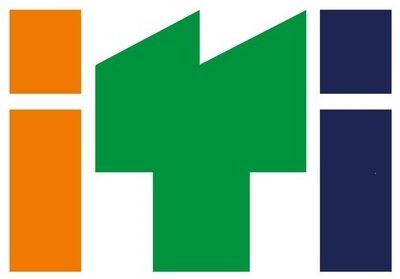COPA
The COPA (Computer Operator and Programming Assistant) ITI trade is designed to provide students with comprehensive knowledge and hands-on experience in computer operations and programming. The course typically spans 1 to 2 years and covers essential areas such as computer hardware, software, operating systems, and programming languages. Students are introduced to key tools like MS Office, Excel, Word, and learn programming languages such as C, C++, Java, and Python. The curriculum also includes database management, internet usage, email configuration, and web browsing. Emphasis is placed on developing skills in troubleshooting, operating computer systems, assembling and disassembling hardware, and managing computer networks. In addition to theoretical lessons, students are given practical exposure to real-world scenarios, ensuring they acquire the necessary skills to work as efficient computer operators and programmers. Moreover, the course teaches debugging techniques, data management through spreadsheets, and basic web development using HTML and CSS, making graduates well-rounded professionals in the IT field.
MMV
The MMV (Motor Mechanic Vehicle) ITI trade focuses on training students to become skilled mechanics in the automotive industry. The course typically lasts for 1 to 2 years and equips students with knowledge and hands-on experience in the maintenance, repair, and servicing of motor vehicles, including both two-wheelers and four-wheelers. The syllabus includes understanding the working principles of engines, transmission systems, fuel systems, electrical systems, braking systems, and suspension systems. Students learn to diagnose and repair engine faults, troubleshoot electrical issues, and perform routine vehicle servicing tasks such as oil changes, tire rotations, and brake checks. They are also taught to repair and maintain various vehicle components like clutches, gearboxes, axles, and steering mechanisms. The course includes both theoretical learning and practical training, where students get experience working on real vehicles. Basic skills in welding, machining, and use of hand tools are also covered, enabling students to gain proficiency in the mechanical aspects of vehicle repair. Advanced topics may include knowledge of hybrid and electric vehicles, along with understanding modern diagnostic tools used in automotive repair shops.
